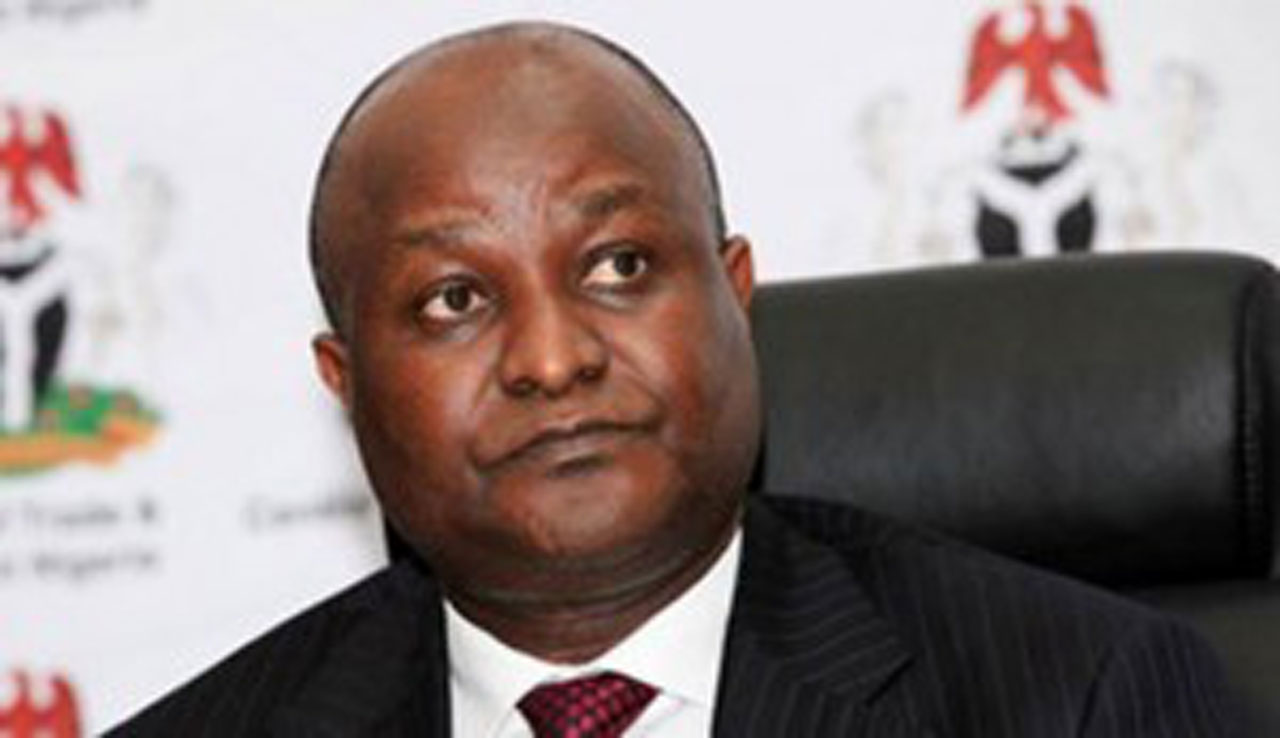Nigeria has officially submitted its third Nationally Determined Contribution (NDC 3.0) under the Paris Agreement, outlining enhanced climate commitments ahead of COP30 in Brazil.
This milestone makes Nigeria the first country in West Africa to submit an updated NDC, positioning it to better align its climate ambitions with long-term national development priorities.
The European Union (EU) and its Member States welcomed Nigeria’s new submission, reaffirming their support through the EU Green Diplomacy Week, a platform dedicated to fostering collaboration on climate action, environmental sustainability, and green economic growth.
A key focus of this partnership is strengthening Nigeria’s Monitoring, Reporting, and Verification (MRV) systems to ensure transparency, track progress, and enhance access to international climate finance.
Speaking at the EU–Nigeria NDC Roundtable in Abuja, Inga Stefanowicz, Head of the Green and Digital Economy Section at the EU Delegation to Nigeria and ECOWAS, described the dialogue as a reflection of both parties’ shared commitment to advancing climate ambition through cooperation.
“The Green Diplomacy Week brings together our partners to discuss climate change and our shared objectives. This year, marking a decade since the Paris Agreement, offers an opportunity to reflect on progress while recognising the need for greater action,” she said.
Stefanowicz noted that while the EU has reduced emissions by nearly 40 per cent since 1990 and remains on track to achieve a 55 per cent reduction by 2030, global collaboration remains crucial.
She emphasized that robust MRV systems are essential for credibility and investment confidence, adding that “a strong MRV system supports evidence-based policymaking, enables carbon market participation, and builds trust for effective climate action.”
Representing the Minister of Environment, Balarabe Lawal, Halima Bawa-Bwari reiterated Nigeria’s determination to turn ambition into measurable results.
“Ambition alone is not enough. We must demonstrate progress with clarity and confidence. A strong MRV system ensures accountability, translates targets into tangible outcomes, and helps unlock climate finance by proving real impact,” she stated.
She also called for sustained collaboration to address data gaps, institutional weaknesses, and capacity limitations.
Omotenioye Majekodunmi, Director-General of the National Council on Climate Change (NCCC), underscored the need for inclusivity and coordination across governance levels.
“We are here to make progress in implementing the Paris Agreement and our NDC commitments. Effective MRV systems and cooperation at national, subnational, and international levels are vital to meeting global climate reporting standards,” he said.
The EU–Nigeria exchange, held as part of Green Diplomacy Week, provided an opportunity for government agencies, civil society, and the private sector to explore strategies for implementing NDC 3.0.
The discussions also focused on aligning Nigeria’s commitments with the Paris Agreement, the National Development Plan, and the country’s long-term net-zero vision.






